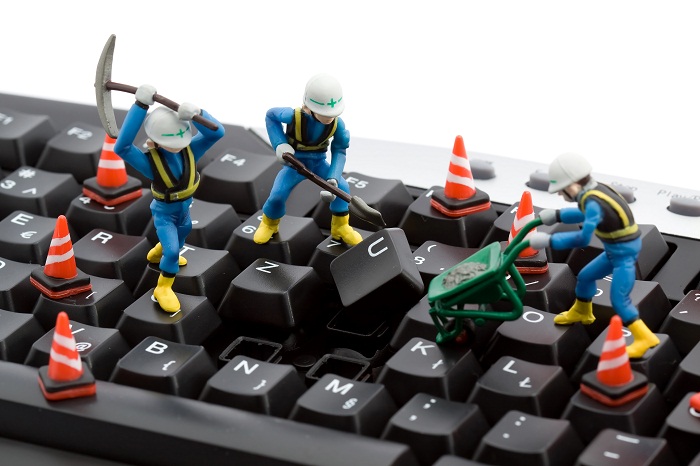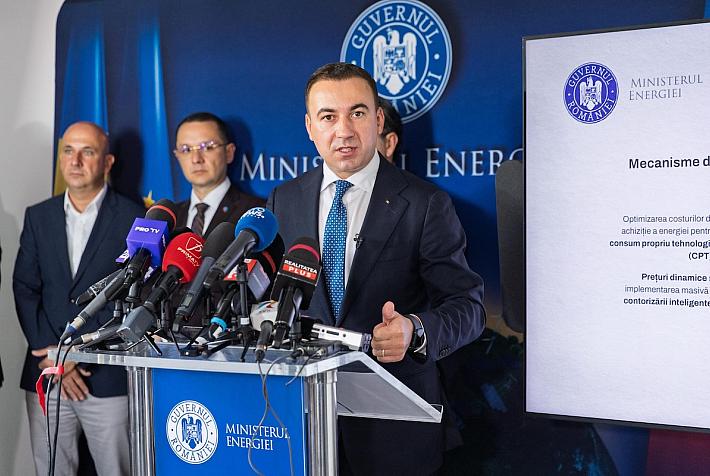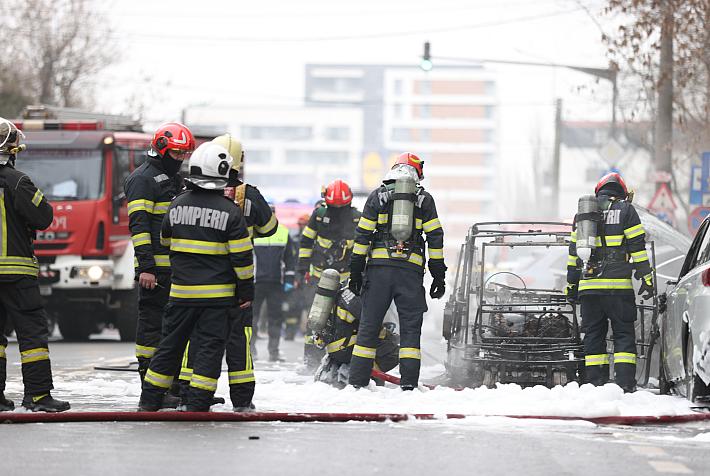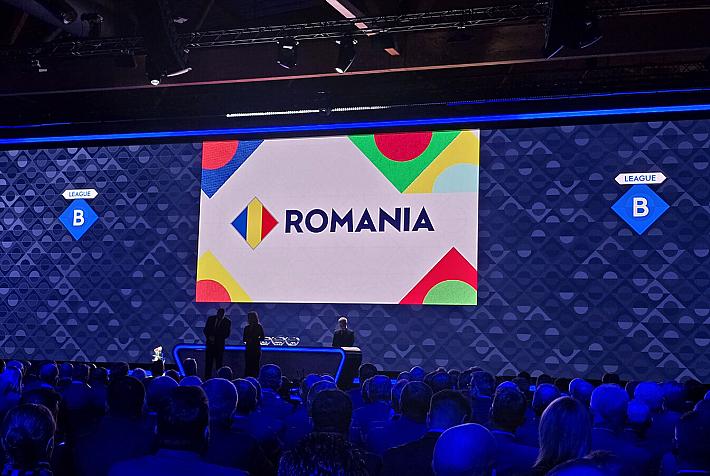Comment: Why Romanians don’t have the team work culture


Working in Romania can sometimes be a tricky thing, and before moving into the main subject of this column, team work, let's start with the pre-employment period. Any successful candidate must fit within a standard portrait, which in many cases is carefully hidden in the employment advert. Why? Because the employers do their best not to break the rules and regulations and they cannot afford to be discovered as people who avoid employing: young people without any experience, mature people who have too much experience and can ask too many questions and demand high salaries, too old people who don’t have enthusiasm anymore, but who can have health problems, young women who can have too much prenatal and postnatal maternity leave, Romani people who are just plain discriminated against whatever their age, people with higher educational studies and expertise who should be paid very well or people of differing sexual orientation and/or religious persuasion to the majority, whom many Romanians appear to consider as something very strange and possibly dangerous.
So, the employment adverts are standard and overtly respect all human rights principles. But when the human resources department selects applicants for interviews, they apply the unwritten, unspoken and hidden principles that generate a short list which almost never contains the above mentioned categories. The majority of employers use this kind of selection, in both the public and private sectors.
In a private company the employee must focus on performance and understand that he or she will work many more hours than legally required. On the other hand, in a state/public company the employee must primarily be obedient and after, in few cases, should be competent, but not more so than his or her immediate superior. Of course I don’t want to generalize but, my previous description could be close enough to our present situation. It is all very well to say that companies must make profit while taking into account their social responsibilities, but I’d like to focus on one important topic in company life - the role of team work. My brief considerations will mostly be based on a few very Romanian characteristics and the present context.
In private companies, mainly foreign companies, team work is considered one of the most important ways to reaching profitability objectives. And working in teams is possible due to the organizational culture. The manager, the salaries policy, the internal rules and good internal flows settled. In many cases the Romanian employees of the foreign private companies, especially the young employees work together, but many of them don’t have what we could describe as a team work culture. The lack of this culture sprung from the poor education in schools and/or in family regarding this topic, the mentality, the history and the current context.
In Romanian families, in many situations, the children are fostered in the culture of individuality, many parents used to say “don’t play with the neighbor’s son because he is gipsy/poor/rich/Catholic/Jew/ or I (father) don’t like him and his father” or only “ you are special, don’t mix with others”. There are of course exceptions, open minded families and in the multinational towns, especially in Transylvania. Some ideas which can be discovered in our mentality can be traced back to recent history (read 'communism') which emphasized collective work between comrades, but this principle was never actually put into practice because people believed in it, it was simply used as a restrictive instrument, for example in the forced labor camps in the 50s. The only exceptions were in tough times such flooding, earthquake and for a few days in December 1989. In Romanian schools, teachers sometimes avoid giving students team work exercises because of the difficult task to build a group/team or simply because of ignorance, because it is simpler not to, or because of a very illiberal way of understanding the educational process. In communist times, the team activities in school were organized especially in the autumn in agriculture, and this way the Romanian state succeeded in solving the agricultural labor work deficit. We should take into account that the pupils of yesterday, who were taken to vineyards or fields to work are nowadays parents!
I believe that the current economic, social and political context is of the main factors that block team work. If somebody succeeds with much effort in obtaining or keeping a job, he/she will pretend to be a team player (if this is needed in specific cases in the company or is a part of a company's policy). But the person in many cases will make sure to demonstrate her/his most important role in the team, and that without his/her contribution the work would have never achieved the objectives. Of course the overestimation of his/her role is a result of self indulgent individualism, too much ego, but it has a very pragmatic goal: getting the boss' attention in order to be promoted, so that the person's wage increases. If the boss has anything to do with politics, then the success of the most important person from the team is secured.
So, what can we do? One potential answer could be educating our children in an open minded way, based on tolerance and understanding, as well as educating teachers so that they become aware of the educational role of team work for children and young people.
We could also ensure the institutional and legal pattern for the development of the team work spirit in companies, organizations as an organizational culture, and promote people who respect and understand team work.
Of course, it all requires time. Meanwhile, let's dwell upon the definition of team work: “Teamwork represents the actions of individuals, brought together for a common purpose or goal, which subordinate the needs of the individual to the needs of the group. In essence, each person on the team puts aside his or her individual needs to work towards the larger group objective. The interactions among the members and the work they complete are together called teamwork."
We can identify a few key words: common purpose/goal, subordinate the individual needs to the needs of the group, the interactions between members of the group. The conclusion: we Romanians should first think of these key words and, after we’ll understand and accept them and be able work in a team. Until then, we will only be part of interesting training sessions, conferences and events where we debate theoretically and, we will spend time and money …for nothing.
By Mariana Ganea, Guest Writer
(photo source: Photoxpress.com)












